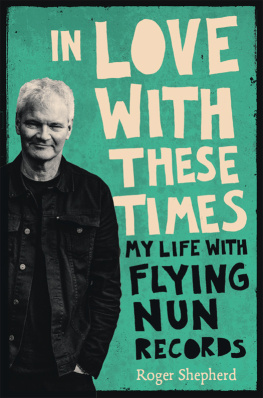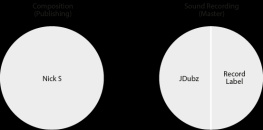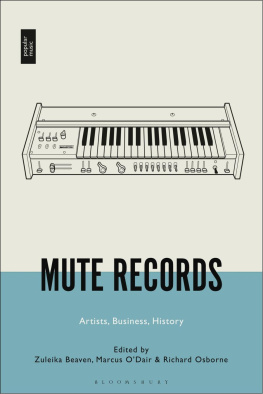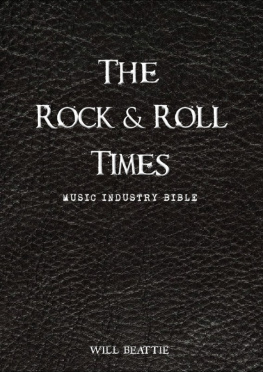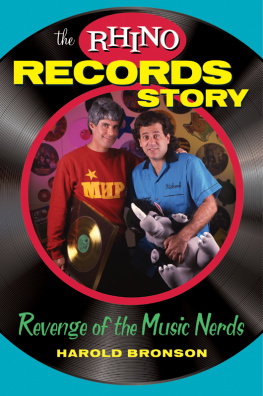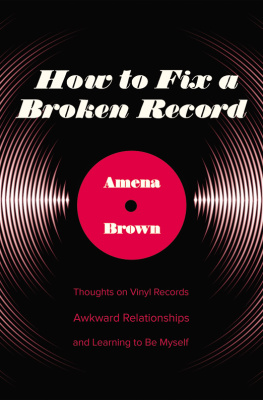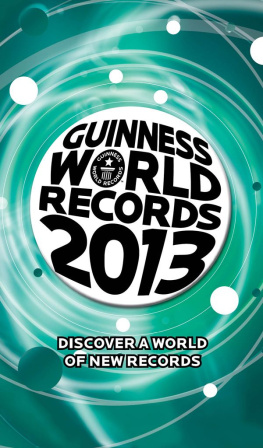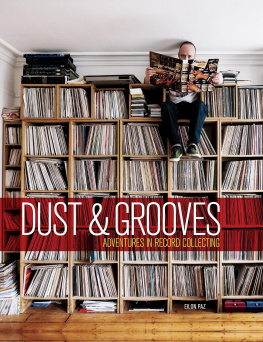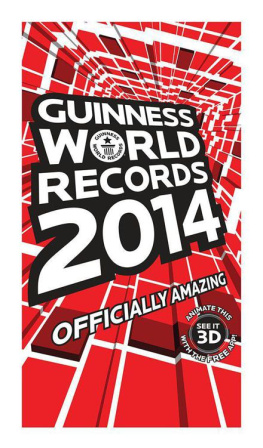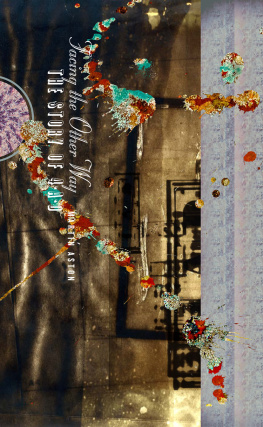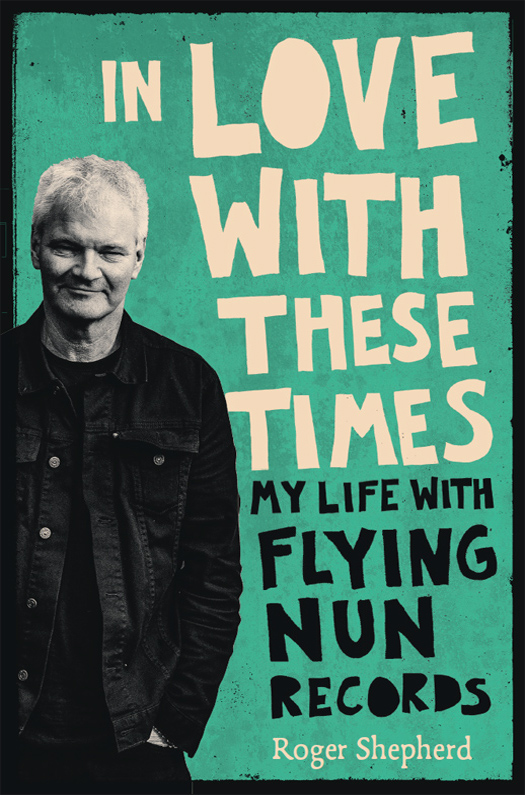CONTENTS
Guide
Any views or opinions expressed in this book are those of the author or others referred to in the book and are not the views or opinions of the publisher. The publisher has no reason to believe that those views or opinions are not the genuine views or opinions of the author or others referred to in the book.
HarperCollinsPublishers
First published in 2016
by HarperCollinsPublishers (New Zealand) Limited
Unit D1, 63 Apollo Drive, Rosedale, Auckland 0632, New Zealand
harpercollins.co.nz
Copyright Roger Shepherd 2016
Roger Shepherd asserts the moral right to be identified as the author of this work. This work is copyright. All rights reserved. No part of this publication may be reproduced, copied, scanned, stored in a retrieval system, recorded, or transmitted, in any form or by any means, without the prior written permission of the publisher.
HarperCollinsPublishers
Level 13, 201 Elizabeth Street, Sydney, NSW 2000, Australia
Unit D1, 63 Apollo Drive, Rosedale, Auckland 0632, New Zealand
A 53, Sector 57, Noida, UP, India
1 London Bridge Street, London SE1 9GF, United Kingdom
2 Bloor Street East, 20th floor, Toronto, Ontario M4W 1A8, Canada
195 Broadway, New York, NY 10007, USA
ISBN 978-1-77554-089-2 (paperback)
ISBN 978-1-77549-126-2 (e-book)
National Library of New Zealand Cataloguing-in-Publication Data
Shepherd, Roger, 1960
In love with these times : my life with Flying Nun Records / Roger Shepherd.
1. Flying Nun Records. 2. Rock musicNew ZealandHistory and criticism. 3. Rock groupsNew Zealand History.
4. Sound recording industryNew ZealandHistory. I. Title.
781.660904dc 23
Cover image: Roger Shepherd Alistair Guthrie
All photographs are from the authors collection unless otherwise credited.
All reasonable attempts have been made to contact the rights holders of photographs. If you have not been correctly attributed, please contact the publisher so that appropriate changes can be made to any reprint.
Cover design by areadesign.co.nz
Index by Michael Wyatt
For Catherine, Missy and Lulu: I could not be luckier
And for all of the bands I have worked with and
without whom there would be no story to tell
There was no one direct cause for what happened in music in New Zealand in the 1980s. But it cannot be denied that an extraordinary amount of wonderful music was created in that decade. Most of it was from the South Island, Dunedin in particular, or had some connection with these places. And much of it was connected to Flying Nun Records.
A small but creatively rich scene had developed in Dunedin from the late 1970s onwards. Through their relationship with the Flying Nun label, the bands were able to sell sufficient quantities of their records to create the cash and the confidence for us to work with other musicians from all over New Zealand. The label was then able to help create an overseas market for many of those bands, which allowed some of them to have a go at building full-time careers in music.
The Clean, The Chills, Sneaky Feelings, The Verlaines, Chris Knox and Tall Dwarfs, The Bats, Straitjacket Fits, Bailter Space, The Jean-Paul Sartre Experience, the Headless Chickens and Garageland all built international profiles when the world was a bigger and less connected place. It was original and exciting.
Just as the New Zealand bands on the label influenced each other, they began to exert an influence on independently minded artists everywhere. It was a subtle thing; nothing was wholly appropriated or adopted, but ideas and sounds filtered through and permeated particular bands and musical genres. Sonic Youth would namecheck the Gordons, Pavement toured New Zealand very early in their career to find out what was happening. The Magnetic Fields, Superchunk, Mudhoney, Yo La Tengo and REM were all open about how New Zealand artists were an influence. Cat Power and the Wooden Shjips have covered songs by This Kind of Punishment and Snapper.
Its no big deal, but I know the music is taken seriously by the international music community. Its a small yet uniquely important ingredient in the independent music world stew.
Money was always tight, but the imperative was to record and release as much as possible of the music being made during this extremely creative time. I was inspired to start Flying Nun because I was a fan of the music, not because I was looking for a business opportunity. However, it quickly became a business, with a growing artist roster and increasing sales in New Zealand and then overseas.
Communication was always stretched. The label was based in Christchurch and most of the bands were working from homes in Wellington and Auckland, as well as Dunedin. This was well before email and Skype. But collaboration was key, despite the rickety nature of keeping in touch by letter or the occasional phone call with the bands and other key participants, such as Doug Hood, Chris Knox, Ian Dalziel and Roy Colbert.
It was the best of times, yes, but there were some worst of times too. Mostly there was the stress of finding out how to do things from scratch, making costly mistakes, all the while being excited by and trying to fund new projects. There was the inevitable pressure of being fundamentally underfunded and growing too quickly.
There are plenty of books written about successful bands. A common theme is the up-and-down nature of the journey: things dont go as planned, people fall out, get sick or worse, die along the way. There is no money for most of the story and a fair bit of luck involved. The planets need to line up and only a few complete the fairy-tale journey. Grief and disappointment are never far away.
Not as many books get written about record companies, but the same things happen. Naive, wild-eyed optimists get ground down by the realities and demands of the music business.
Im not sure I had the necessary ego or strength of character to ever make my fortune in music. Its a cut-throat industry and ones success is invariably somebody elses loss. In the music business that can include the people you are working with, the artists who make the music your business is built on. Im a music fan first and foremost, and I have always measured my success in terms of the actual music released and distributed by Flying Nun.
I was certainly very lucky to be in the right place at the right time, to be able to work with the bands I did. I started the label because I felt this music had to be recorded and no one else seemed interested in taking it on. No doubt some of the bands would have eventually released records through other labels, perhaps ones based in Auckland or one of the New Zealand multinationals. But the small Dunedin music scene would have developed very differently and I doubt a fraction of the music that was recorded would have been. The legacy would not be as strong without Flying Nuns artist-centric approach and general disregard for common business sense.
While not at all hard-headed in business, my strength was in managing to stay a fan. I had a fans enthusiasm and a fans persistence to keep the whole ridiculous show on the road so we could make more records and help the careers of more bands. Underpinning it all was the belief that the music was good enough to eventually break through and see a return that would make life easier.
Life never got easier, but some great records were made as well as a great number of enduring friendships. Fun was had, sometimes far too much fun. Occasionally, the fun became madness. Perhaps it was the madness that made it all happen in the first place.

